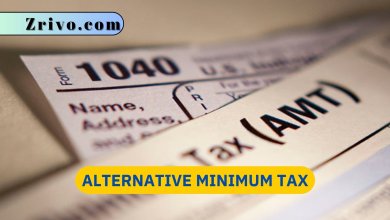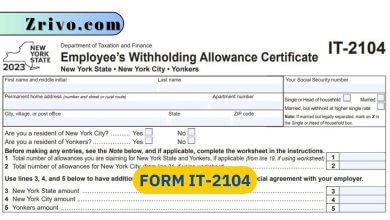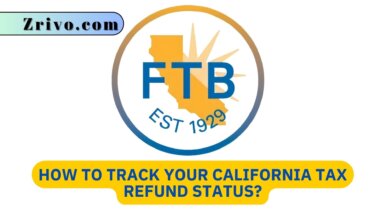Tennessee State Income Tax 2023 - 2024
Tennessee is one of the few states that does not levy a personal income tax. However, its citizens still pay significant state and local taxes.

While Tennessee does not impose a state-level personal income tax, individuals must still file federal and state tax returns to report their earnings and pay taxes. Additionally, Tennessee residents are subject to various state-level business and sales taxes and local property tax and inheritance taxes.
In terms of business taxes, Tennessee has both an excise and a franchise tax. The excise tax is levied on the net earnings of most businesses, and the franchise tax is levied on the book value of real estate and tangible personal property owned or used in Tennessee. Both taxes are computed using a single form, and return filing is required annually.
Additionally, Tennessee has one of the country’s highest state sales tax rates. The statewide base rate is 7%, and localities can tack on additional rates as high as 2.75%. According to the Tax Foundation, this results in a combined state and local rate of 9.55%. Food is exempt from state sales taxes, but groceries are only one of many types of goods that are subject to state and local sales taxes.
Out-of-state marketplace sellers may be subject to Tennessee sales and use tax, but they can avoid this burden by registering as a dealer in Tennessee and choosing a classification that best reflects their primary business activity. In addition, Tennessee allows marketplace sellers to offset their sales and use tax liability through a variety of deductions and credits.

Tennessee State Taxes Due Dates
The state of Tennessee has a variety of tax due dates. In addition to the general personal income tax imposed on all taxpayers in the state, there are also sales and excise taxes. These taxes are used to fund a variety of government services, including public education, law enforcement, and state parks.
The tax on most groceries is 4 percent, while prepared food (such as bakery goods and heat-and-eat meals) and candy are subject to a 7 percent tax. Gasoline is taxed at 26 cents per gallon plus a 1.4-cent special petroleum fee. Many cities also have local sales tax and property and vehicle taxes.
A business must file its franchise and excise tax return by the 15th day of the fourth month after the closing date of the taxpayer’s books and records. However, the due date for the current year and two prior years can be extended by filing Form FAE 173, Application for Extension of Time to File Franchise and Excise Tax Return.
Businesses that can claim a Hall Income Tax exemption are required to file a Hall tax return by mid-April or April 15 for calendar year filers. This tax is imposed on net earnings and is calculated by multiplying earnings by a fraction, with the numerator being the property factor and payroll factors and the denominator being five times the receipts factor.





